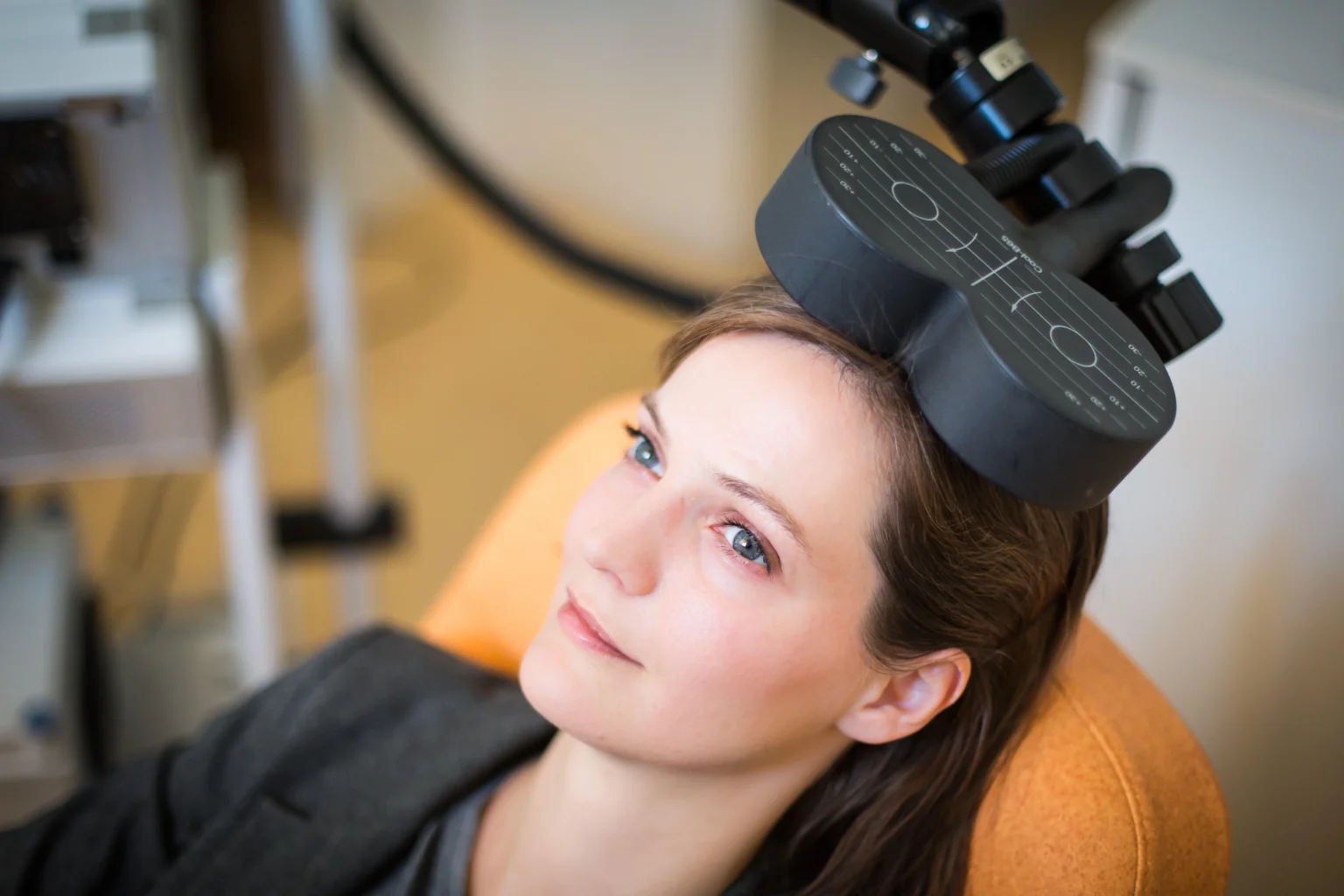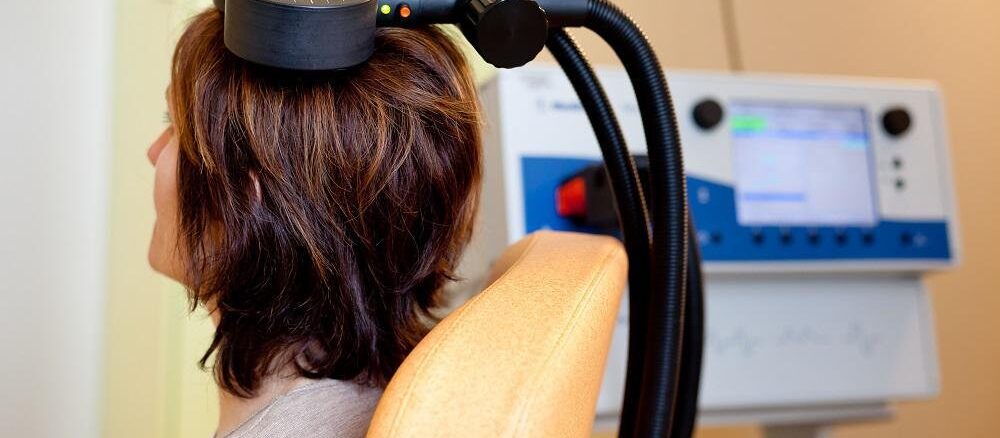
1. Reduced Treatment Duration
One of the most significant advantages of Theta Burst Stimulation is its efficiency in terms of time. Traditional TMS sessions typically last for about 30 to 60 minutes, and patients are required to undergo treatment five days a week over four to six weeks. In contrast, TBS protocols can be completed in a fraction of the time—often in less than 10 minutes per session. This drastic reduction in treatment time without compromising efficacy significantly enhances patient convenience and adherence to the treatment plan.
2. Increased Comfort and Tolerability
Patients undergoing TMS treatment sometimes report discomfort at the treatment site or headaches as side effects. Theta Burst Stimulation has been shown to be more tolerable for patients, with fewer reported side effects. The shorter duration of stimulation with TBS likely contributes to this increased comfort, making it a preferable option for patients sensitive to the longer exposure of traditional TMS sessions.
3. Enhanced Efficacy
Emerging research suggests that Theta Burst Stimulation may offer enhanced efficacy in treating depression compared to conventional TMS protocols. The mechanism behind TBS involves more rapid bursts of magnetic pulses, which are thought to more effectively induce the neuroplastic changes necessary for improving depressive symptoms. Although more research is needed to fully understand these benefits, early studies are promising, indicating that TBS could represent a significant advancement in TMS technology.
4. Flexibility in Treatment Protocols
TBS offers flexibility in treatment protocols, with two main types: continuous (cTBS) and intermittent (iTBS). Continuous TBS is thought to decrease brain activity in targeted regions, while intermittent TBS aims to increase it. This flexibility allows for a more personalized approach to treatment, catering to the individual needs and conditions of patients, and potentially improving outcomes for those who may not respond to traditional TMS.
5. Potential for Broader Application
The advantages of Theta Burst Stimulation—such as shorter treatment times, increased comfort, and potential for greater efficacy—open the door for broader application in treating various neurological and psychiatric conditions beyond depression. Researchers are exploring the use of TBS in conditions like anxiety disorders, obsessive-compulsive disorder (OCD), and even stroke rehabilitation, suggesting a wide-ranging impact of this innovative treatment approach.

